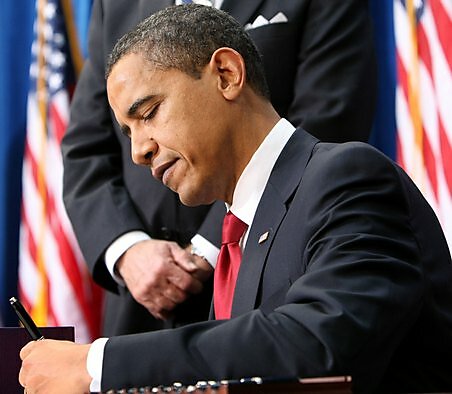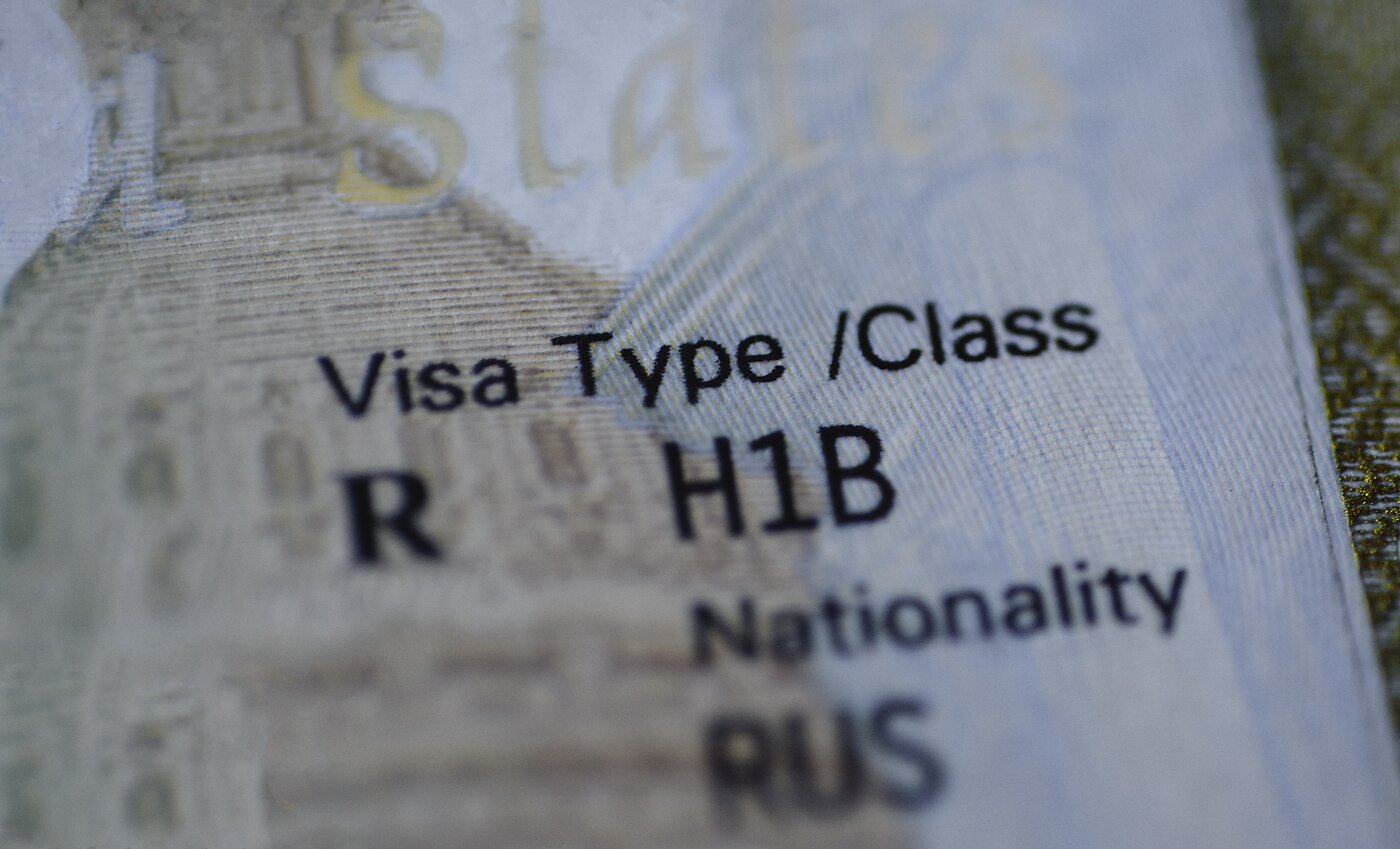For many people, restrictions on the freedom to share their opinions online and listen to their favorite podcasts without government permission may seem like something out of a dystopian novel or horror movie. Increasingly, however, lawmakers in countries with time-honored traditions of respecting free speech have worked to pass legislation, though well-intentioned, aimed at protecting young people online by restricting a wider array of content without first uploading a government-issued ID.
It’s a scary story for our speech and privacy rights that is becoming increasingly and concerningly true.
Earlier this year, the United Kingdom’s Online Safety Act went into effect. The law places stringent requirements on websites and apps that might contain information deemed “harmful to minors.” In the immediate aftermath of the law’s enforcement date, some major websites blocked access for non-age-verified users to content on the wars in Gaza and Ukraine to ensure compliance with the law. They did so under the (presumable) reasoning that, even though such content might be protected by the law’s exceptions for news, it still posed too much of a risk of being found in violation of the law’s vague terms and categories. Though done out of an abundance of caution, this action leaves many users bereft of important news and critical discourse on these topics.
When policymakers claim existing exceptions in the Online Safety law should render websites’ cautious content takedowns unnecessary or overzealous, the reality is that websites have little incentive not to err on the side of caution rather than carry speech that could possibly be seen by anyone as objectionable. Laws such as the Online Safety Act could also more generally chill speech on a variety of important topics, well beyond any newsworthiness exceptions for discourse around world events, including conversations about treatment for drug addiction or information about sexual and reproductive health.
Once again, if websites worry that anything they carry could trigger potential enforcement action, they are going to be cautious to the extreme, even if lawmakers say this wasn’t their intention. This may make it more difficult for individuals of all ages to find help or valuable and useful communities for information that is often difficult to discuss or could even be weaponized against them. For example, immigrants, dissidents, and those in the LGBTQ+ community all may be legitimately concerned about social or legal ramifications of their identities and conversations being compromised.
While some may initially applaud these laws and reason that they will not significantly impact their own internet experience, in fact, such restrictions are much broader than just the generally agreed-upon types of content problematic to children, such as pornography, which may already have restrictions in the real world. Today, UK users must upload government-issued IDs or otherwise verify their age online to access the full content of websites, including Spotify, Reddit, and X.
Privacy is also likely to be significantly harmed by these laws, and the UK’s experience shows sweeping laws aren’t just theoretical or restricted to bad-actor websites. Already, Discord, a growing platform that started as a host for gaming communities, has reported that more than 70,000 IDs the site collected in its compliance process were compromised. The increased collection of data could render the young people whom such laws were meant to protect, as well as adult internet users, more vulnerable.
Similar ID requirements are rapidly coming to the United States—and leaving a graveyard of once-functioning digital services in their wake. For example, a Mississippi law that requires age verification for a broad group of websites led X alternative Bluesky to exit the state due to concerns about the specific compliance changes that would be needed for the law and the time and cost for a smaller company to absorb such costs in just one state. While most of these types of laws are currently enjoined or have been defeated in court on First Amendment grounds, the potentially nightmarish consequences for both speech and privacy rights could soon become a reality if courts do find some versions of these laws amenable.
Just as Dr. Frankenstein intended his creation for good, the policymakers behind such legislation may genuinely mean to protect children. Yet the reality is that a top-down policy approach trades innovation, speech, and privacy while failing to actually protect children. Hopefully, by the next spooky season, we will be able to say that the First Amendment was the hero of our story in the United States, and not that we had to walk past a graveyard filled with rights and apps that were once beloved.








